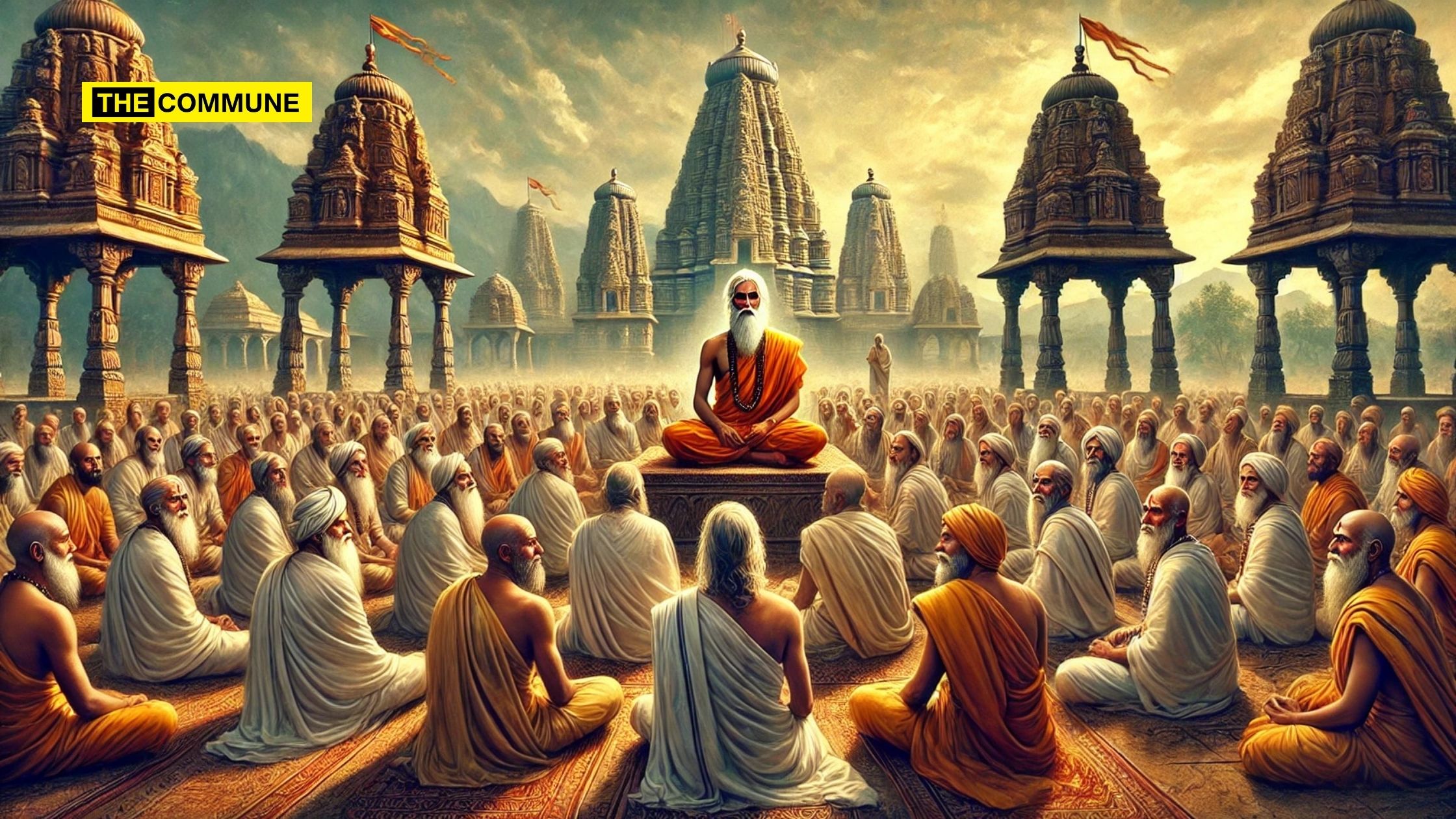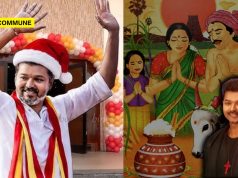
The discussion around the necessity of a Sanatana Board has been ongoing since August 2021. The feedback was quite similar when I mooted the idea in 2021 and 2023. Some well-wishers supported the notion, saying it had been attempted before but failed due to the lack of unity among Hindu organizations and leaders, often driven by ego battles. Others challenged the concept, asserting that Sanatana Dharma does not require protection from anyone, that it will safeguard itself, and accusing those advocating for it of fearmongering with false narratives. Additionally, they pointed out the vast diversity within Sanatana Dharma, which makes it difficult for everyone to follow a single entity. While there was disagreement with the latter view, the practical challenges highlighted by the former were acknowledged.
Nevertheless, the belief remains that a Sanatana Board is feasible and timely. The recent comments by Janasena Party leader Pawan Kalyan, who raised this issue in connection with the Tirupati Laddu controversy, brought wider attention to the idea. This impact often does not occur when less prominent figures discuss it. The importance of defining the areas where this board should intervene is emphasized, as this will be crucial for it to become a reality and make a meaningful impact for Hindus.
Pawan Kalyan referred to it as the “Sanatana Rakshana Board,” but using the word “Rakshana” may provoke a section of Hindus who argue that Sanatana Dharma requires no protection from any board. However, if the scope of this board is clearly defined, it could prove highly beneficial for the Hindu community. With the changing times and modernization, Hindus must adopt intelligent practices from other religious communities to safeguard their interests in a polarized world. Now is the time for Hindus to become organized and stop operating in silos.
The board should focus on protecting the rights of Hindus and ensuring justice in cases of oppression. Crucially, it should not interfere with religious matters, including practices, scriptures, or the propagation of the faith. These should remain under the guidance of religious leaders. The board’s role would be to liberate temples from government control, ensure the appointment of deserving individuals in temple administration, oversee maintenance, audits, governance, and rectify any malpractice. It should also act as a strong negotiator with central and state governments on issues that hurt Hindu sentiments and support individuals like Vishnu Jain and TR Ramesh in their efforts to secure justice for Hindus.
Once the board is formed, it would serve as a unified voice, similar to how other religious communities have organized bodies. Politicians would take this unified Hindu voice seriously, not wanting to lose votes, and the common Hindu would likely begin to follow the board once they see tangible benefits. Currently, the Hindu voice is fragmented and ineffective, as it is heard in many small, disorganized pockets. Additionally, the board could issue recommendations to Hindus on voting choices in elections, advising on what would best serve the community’s interests. Though this may not sit well with so-called “secular” individuals, it is already a common practice in other religious communities. Sanatana Dharma should not be an exception.
Over time, those who trust the board will likely increase in number. A glimpse of this board’s potential impact was seen when several Mathadhipathis and Shankaracharyas spoke out against the attacks on Hindus in Bangladesh, with Republic TV facilitating the conversation. Arnab Goswami deserves recognition for his role in this.
At the head of this board should be revered Mathadhipathis and senior representatives from organizations like the VHP, RSS, and Bajrang Dal. Together, they would make collective decisions on issues and release one official communication. No politicians should be part of the board, ensuring every Hindu feels reassured that their rights are being protected. While this would represent a significant shift in mindset, it is believed that once this step is taken, it will be appreciated. The only challenge is ensuring that the Mathadhipathis, leaders like Pawan Kalyan, the RSS, and others come together in a united effort, setting aside egos for the greater good of Hindus. If they fail to unite, this concept could quickly fade, with the community continuing to operate in silos, maintaining the status quo.
Merely hosting conclaves, literary festivals, or having popular figures talk on social media will not lead to any meaningful change, only temporary enthusiasm. These are personal views shared in the hope that they reach the right audience.
Ananth Mahadevan is a political commentator.
Subscribe to our Telegram, WhatsApp, and Instagram channels and get the best stories of the day delivered to you personally.




